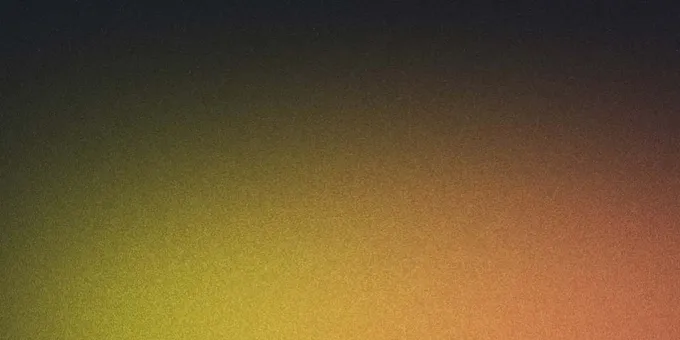Op Ed: To Know, or Not to Know

To Know, or Not to Know
Op-Ed by David Hao
The availability of information has truly become ubiquitous. The internet, accessible via a few quick clicks, now stores more information than any other collection in the history of mankind. Public libraries outnumber McDonald’s restaurants in the United States. Indeed, the resources of the information age are invaluable tools in a world embracing globalization. The age of the autonomous individual could be upon us. We possess all the knowledge we need to make impartial, informed judgments. It is paradoxical, then, that access to information could instead breed apathy, impeding our generation’s ability to act.
This contradiction has emerged only recently. My grandpa was a farmer in rural China. He grew up in an era where people spent their entire lives within a few kilometers of the same place. He was taught how to grow crops, raise cattle, and recognize signs of bad weather. In such a provincial setting, he knew as much as he needed to know. He never had to debate his goals. He would milk the cow and mind the crops, or risk having nothing to sell at the market. He experienced hardships, but life was simple.
Now, those hardships are gone, but life is complicated. With so much information available, it has become increasingly difficult to be informed in a meaningful way. Obtaining information is no longer a question of choice; billboards trumpet the merits of some political candidate, rumors seed doubt and skepticism, blogs go viral. We are constantly bombarded with information, overwhelming our capacity to assimilate and make decisions. Whereas my grandpa’s focus was singular—he farmed to survive, our focus shifts from moment to moment. The saying goes that “knowledge is power,” but can too much knowledge actually create impotence?
Young people like me are taught to embrace social justice and pursue selfless causes—to be agents of change. However, our unbounded access to information threatens this objective. When instance after instance of global dilemmas and conflicts are highlighted daily, the opportunity cost incurred when we select a single cause to champion becomes exorbitant. Dedicating myself to school journalism means sacrificing my potential contributions to other causes. Similarly, hearing about international quandaries, be it terrorism in the Western world or oppression in the Middle East, makes me feel divided and ultimately powerless. Thus knowledge does make cowards of us all. How ironic that in an age where we are most aware of the world’s problems and best equipped to help, we would sooner retreat to the innocuous refuge of cute cat videos than respond.
Our inaction also stems from the fact that information is often presented in a way that prompts us to be passive. Advertising is a major culprit. Constant exposure to videos and images designed to briefly sustain our interest trains us to be sedentary observers. Conformity and silence are becoming the norm. We are now more likely to just accept, than reflect.
The irony of reading criticism on excess information in a school newspaper is not lost on me. Yet I invite you to consider the scope of The Reckoner. I will admit that The Reckoner sometimes create its own “cute cat refuges.” A lighthearted comic about sleep deprival may be seen as a distraction. However, The Reckoner does not generate passivity among you, its readers. This is because our scope is far more focused, aimed primarily at matters pertinent to Marc Garneau’s student body. Our creative and critical content are reflections of our immediate reality. Artwork that is playful on the surface beckons further thought. An editorial in The Reckoner criticizing a certain action by SAC is far likelier to elicit a productive and immediate response in the school community than an article about worsening smog conditions in Beijing. Information that personally affects us will incite action sooner than information that is only halfway relevant.
Knowing this, one way we can escape the paradox is by becoming adept at filtering. It is rarely necessary for us to carry the burden of worrying about problems around the world, when there are issues around the corner that we can influence in a meaningful manner. Just because we are exposed to a multitude of perspectives does not mean we cannot be selective about the ones we choose to adopt.
The activity-passivity paradox is harmful, but escapable. Allowing ourselves to be deterred by pervasive diversions—or worse, be made cynical—wastes both our own potential and the resources available to our age. Try as we might, we cannot take arms against the entire sea of troubles. Only through focused action can we truly grasp the mantle of the autonomous individual.
